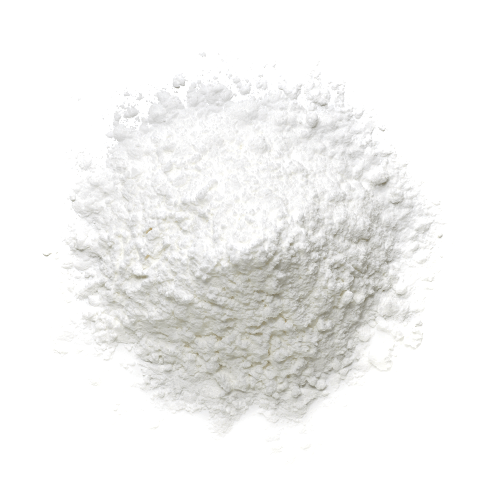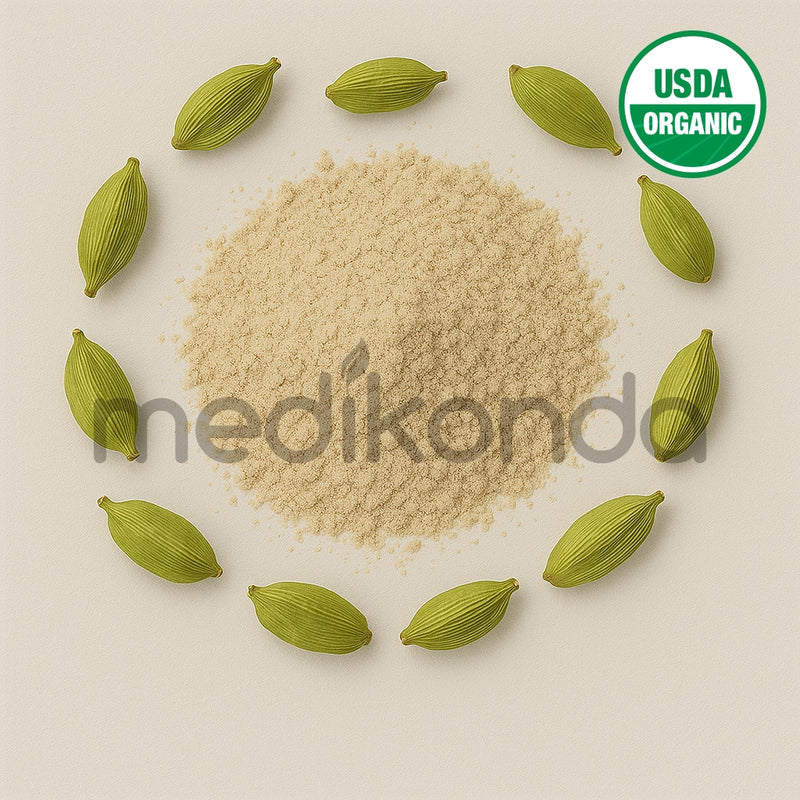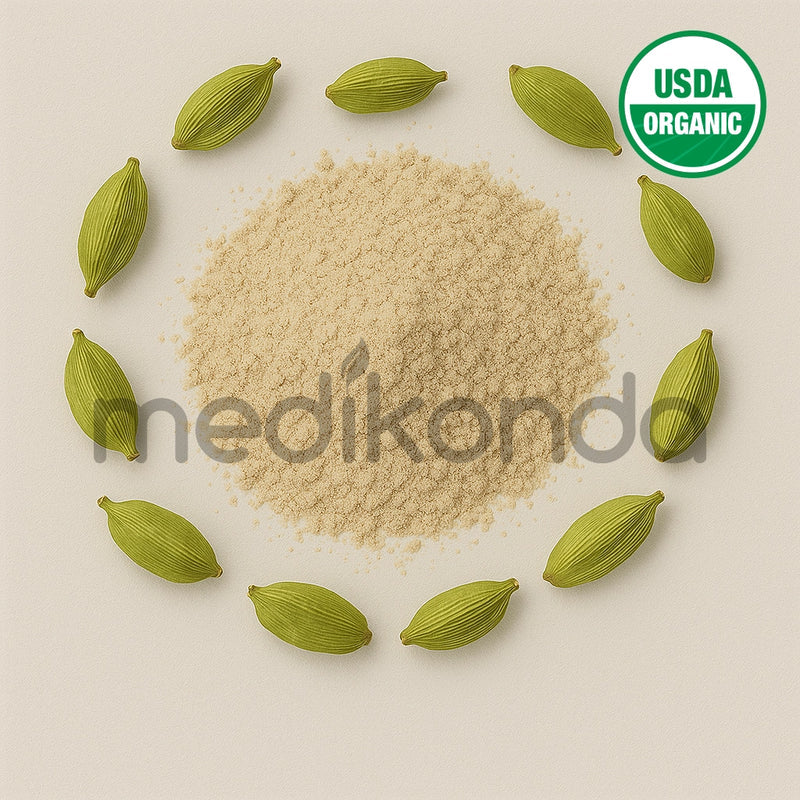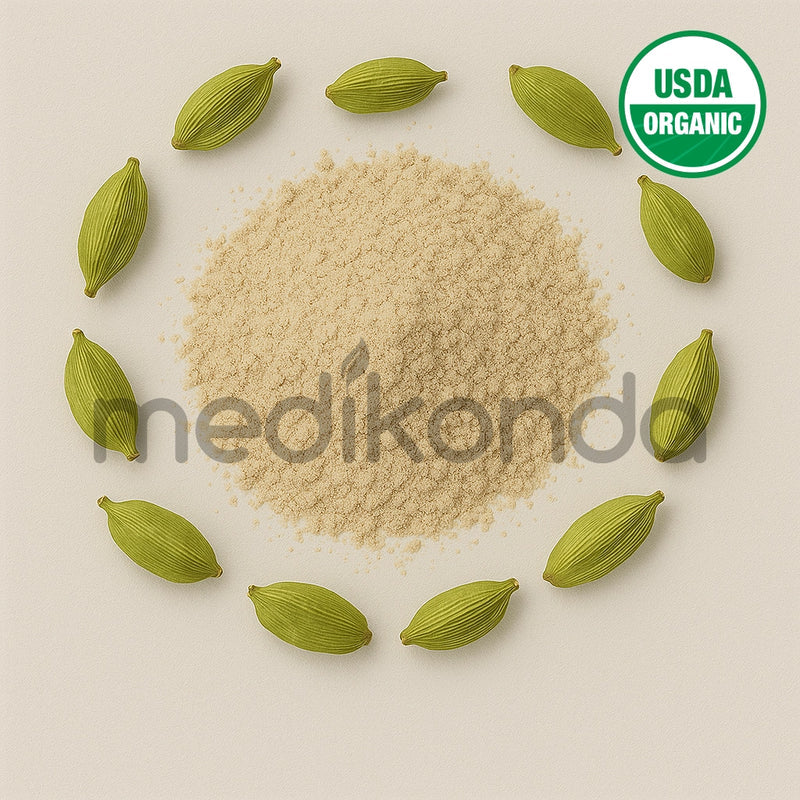Add description, images, menus and links to your mega menu
A column with no settings can be used as a spacer
Link to your collections, sales and even external links
Add up to five columns
Add description, images, menus and links to your mega menu
A column with no settings can be used as a spacer
Link to your collections, sales and even external links
Add up to five columns
LOOKING FOR BULK INGREDIENTS PRICING?
GET INSTANT QUOTEwhat ingredient are you looking for?

Benefits of L-Histidine - Wholesale B2B Bulk Suppliers in Australia and New Zealand
L-Histidine: The Essential Amino Acid for Immunity, Brain Function & Tissue Repair
What is L-Histidine?
L-Histidine is an essential amino acid, meaning the human body cannot synthesize it on its own and must obtain it from the diet or supplements. It plays a crucial role in many biological processes, including tissue repair, immune response, red blood cell formation, and nerve signal transmission.
L-Histidine is a precursor to histamine, a vital compound involved in allergy responses, digestion, and neurotransmission. It is also necessary for the production of carnosine, a molecule that helps buffer acidity in muscles during exercise.
Health Benefits of L-Histidine
1. Supports Immune System Function
L-Histidine is vital for the formation of white blood cells, especially T-cells, which are essential for a healthy immune response. It also regulates inflammation and plays a role in defending the body against infections.
2. Promotes Tissue Growth and Repair
As a building block of proteins, L-Histidine is crucial for:
-
Wound healing
-
Muscle regeneration
-
Recovery from injury or surgery
It is especially important during growth phases, such as childhood and adolescence, and for individuals undergoing physical rehabilitation.
3. Crucial for Histamine Production
Histidine converts into histamine, a compound with multiple roles:
-
Regulating immune responses
-
Stimulating gastric acid for digestion
-
Acting as a neurotransmitter involved in wakefulness, pain regulation, and appetite control
This makes L-Histidine a key player in both digestive health and brain function.
4. Improves Cognitive and Neurological Health
By aiding in the production of neurotransmitters, L-Histidine contributes to:
-
Improved memory and learning
-
Enhanced mood regulation
-
Protection against neurodegenerative disorders
Low levels of histidine and histamine are linked to fatigue, brain fog, and depression.
5. Supports Healthy Skin and Joints
Histidine helps in the synthesis of collagen and connective tissues, benefiting:
-
Skin elasticity
-
Joint flexibility
-
Management of eczema, psoriasis, and rheumatoid arthritis
6. Helps with Heavy Metal Detoxification
L-Histidine can bind to heavy metals like lead and mercury, aiding in their safe removal from the body, and reducing potential oxidative damage.
Dietary Sources of L-Histidine
You can find L-Histidine naturally in:
-
Meat (beef, chicken, pork)
-
Fish
-
Eggs
-
Dairy products
-
Legumes (beans, lentils, soy)
-
Nuts and seeds
Vegans and vegetarians may need to monitor their intake to ensure they receive adequate histidine levels from plant-based sources.
Supplementation & Dosage
-
Typical dosage: 500 mg to 1,000 mg daily (depending on need)
-
Often included in amino acid complexes or sports recovery formulas
-
Generally well-tolerated with low risk of side effects
Note: Individuals with histamine intolerance or certain medical conditions should consult a healthcare provider before supplementing with L-Histidine.
Final Thoughts
L-Histidine is far more than just another amino acid—it’s a foundational nutrient for immune health, brain function, tissue repair, and overall metabolic wellness. Whether you’re an athlete, recovering from illness, or simply aiming for optimal health, ensuring sufficient intake of L-Histidine can support long-term vitality and resilience.
For bulk orders and inquiries, visit Medikonda Nutrients - L-Histidine
Medikonda Nutrients is the Largest Manufacturer, B2B Bulk Wholesale Supplier of L-Histidine in Australia and New Zealand.
Also in Medikonda: Health & Wellness
SUBSCRIBE NOW ...
Don't miss to get latest updates on sales, new releases and promotions




